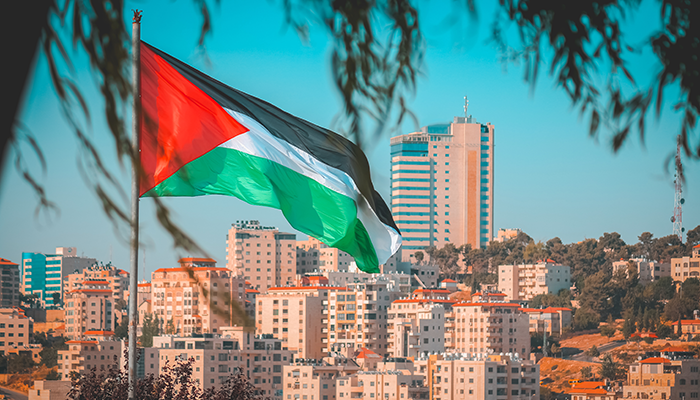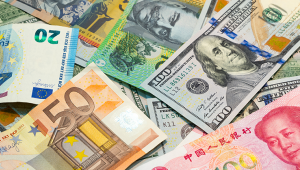web_palestine_flag_shutterstock_1317659246.png

Palestinian flag. ©Shutterstock
The Middle East territory has large domestic arrears, as limited financing options has made it difficult for the country to respond to increased spending brought on by the pandemic, the IMF said this week.
Speaking at the conclusion of a staff visit, the organisation said that reforms should focus on reducing net borrowing, increasing tax revenues and improving the business environment.
The report said: “Working together, Israeli and Palestinian authorities would need to resolve fiscal leakages to boost Palestinian revenue and reduce impediments to the movement of goods and people to unleash the economy’s growth potential.
“Boosting confidence through the implementation of Palestinian-led reforms could attract donor funds, helping ease the adjustment burden on the population and private sector companies during the economy’s transition to a more sustainable footing.
“A comprehensive and joint effort would strengthen macroeconomic stability and pave the way for faster economic growth, job creation and poverty alleviation.”
Palestine spends a considerable part of its budget in Gaza and East Jerusalem, but raises virtually no revenue in these areas or in West Bank, which is under Israeli civil and security control.
The nations disagree on the amount of revenue that Israel should transfer to Palestine.
Under this current arrangement, Palestine is a dire position due to weakening GDP per capita and high debt levels, the IMF added.
The pausing of economic and security relations with Israel between May and November in 2020 resulted in a GDP contraction of 11.3% in 2020.
Palestinian GDP rebounded by 6% in 2021, as the nation got access to Covid-19 vaccines, but the economy is not expected to recover to pre-pandemic levels until the end of 2023, the IMF said.
Additional pandemic spending saw public debt leap from 34.5% of GDP in 2019, to 49.3% at the end of 2021, the organisation said.
Last month, the World Bank Group sent an additional $3.75m grant to Palestine to help improve healthcare services and clinical capacity to deal with rising Covid-19 cases.













